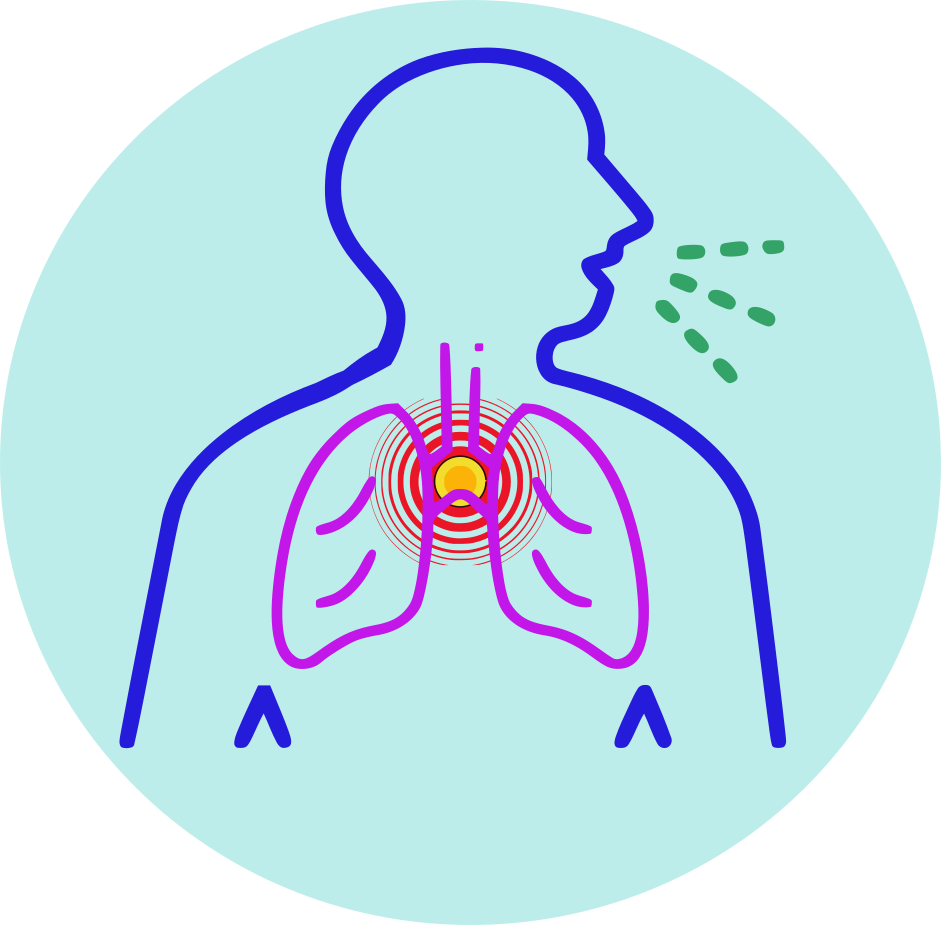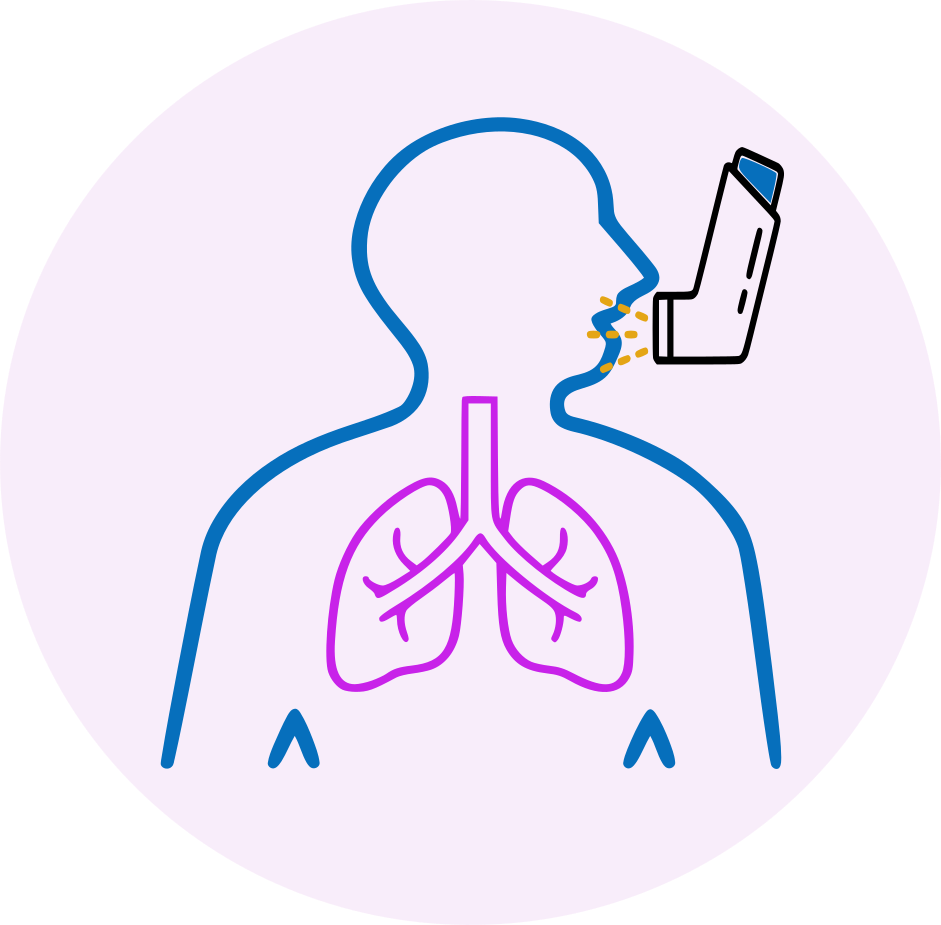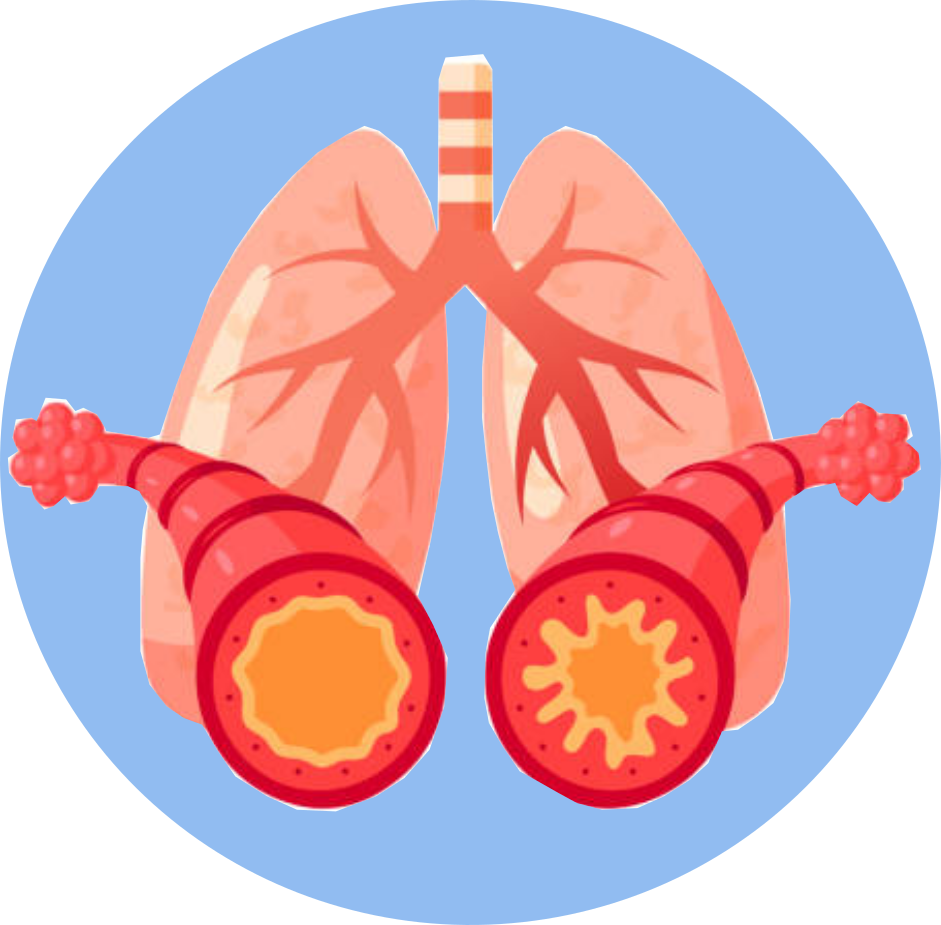Medicine details
| Image |  |
| Name | Osiden |
| Dosage | Injection |
| Generic Name | Adenosine |
| Classes |
Cardiovascular Agent Antiarrhythmic Agent Diagnostic Agent Radiologic Agent |
| Diseases |
Cardiovascular Disease Irregular Heartbeat |
| Company | Square Pharmaceuticals Ltd. |
Drug Package Details
| Strength | 6 mg/2ml |
| Storage Condition | |
| Origin Country | Bangladesh |
| Commercial Pack | 100 |
| Price per pack | ৳ 300.00 |
| Cost per pack | ৳ 264.00 |
| Package unit | 2 ml amp |
| Price per unit | ৳ 3.00 |
| Cost per unit | ৳ 2.64 |
| Discount | 0 |
| Coupon | |
| Remarks |
Adenosine
Adenosine is a class V antiarrhythmic drug that acts as a purine nucleoside analog. It is a naturally occurring substance that acts on the adenosine receptor, causing slowing of the conduction time through the atrioventricular (AV) node and interrupting the re-entry pathways through the AV node, which can cause or exacerbate supraventricular tachycardia. Adenosine also dilates the coronary arteries, which can improve blood flow to the heart.
Adenosine Injection,a pharmacologic stress agent, is indicated as an adjunct to thallium-201 myocardial perfusion scintigraphy in patients unable to exercise adequately.
Recommended dose is 0.14 mg/kg/min infused over six minutes as a continuous peripheral intravenous infusion (total dose of 0.84 mg/kg)
Most common adverse reactions (incidence≥10%) are:
- flushing
- chest discomfort
- shortness of breath
- headache,throat,neck or jaw discomfort
- gastrointestinal discomfort
- dizziness
- Cardiac Arrest, Ventricular Arrhythmias, and Myocardial Infarction. Fatal cardiac events have occurred. Avoid use in patients with symptoms or signs of acute myocardial ischemia. Appropriate resuscitative measures should be available
- Sinoatrial (SA) and Atrioventricular (AV) Nodal Block. First, second-or third-degree AV block, or sinus bradycardia can occur. Discontinue adenosine injection if patient develops persistent or symptomatic high-grade AV block
- Bronchoconstriction: Can induce dyspnea, bronchoconstriction, and respiratory compromise, especially in patients with obstructive pulmonary disease. Discontinue adenosine injection if patient develops severe respiratory difficulties
- Hypotension: Significant hypotension can occur. Discontinue adenosine injection if patient develops persistent or symptomatic hypotension
- Cerebrovascular Accidents: Hemorrhagic and ischemic cerebrovascular accidents have occurred
- Seizures: New onset or recurrence of convulsive seizures have occurred. Use of methylxanthines (e.g., caffeine, aminophylline and theophylline) is not recommended in patients who experience a seizures in association with adenosine injection
- Hypersensitivity: Dyspnea, throat tightness, flushing, erythema, rash, and chest discomfort have occurred. Have personnel and resuscitative equipment immediately available
- Atrial Fibrillation: Reported in patients with or without a history of atrial fibrillation
- Hypertension: Clinically significant increases in systolic and diastolic pressure have been observed
Contraindication
Contraindicated in patients with known hypersensitivity to adenosine injection.
None known.
Adenosine injection is contraindicated in-
- Second-or third-degree AV block (except in patients with a functioning artificial pacemaker)
- Sinus node disease, such as sick sinus syndrome or symptomatic bradycardia (except in patients with a functioning artificial pacemaker)
- Known or suspected bronchoconstrictive or bronchospastic lung disease (e.g., asthma)







 Bangla
Bangla English
English